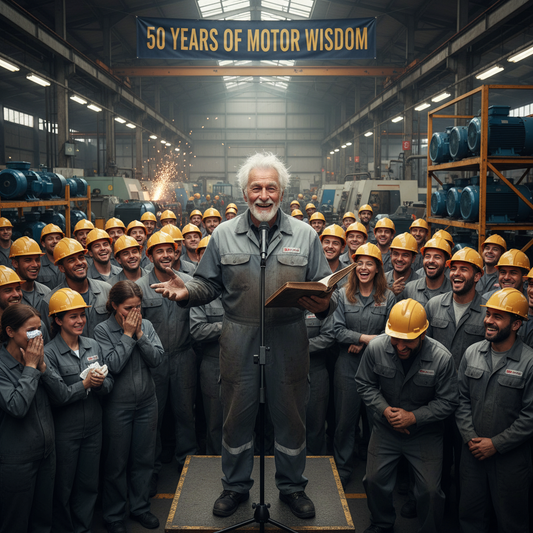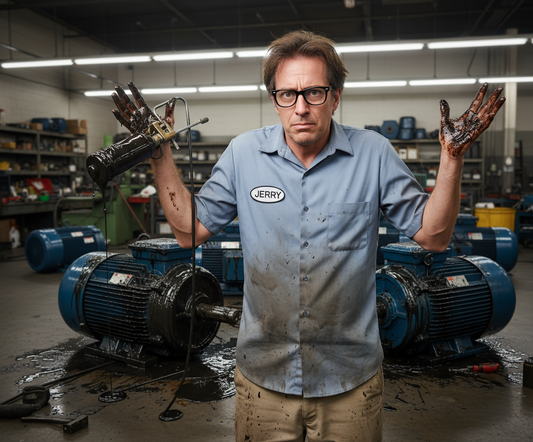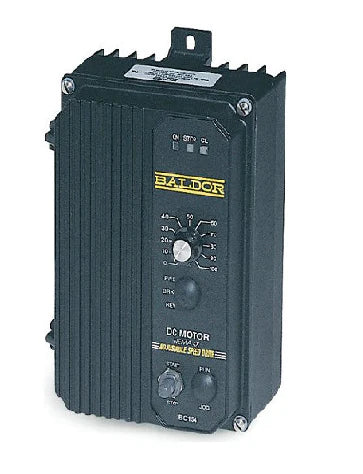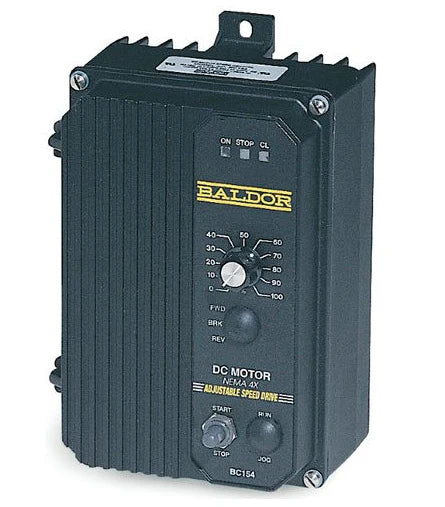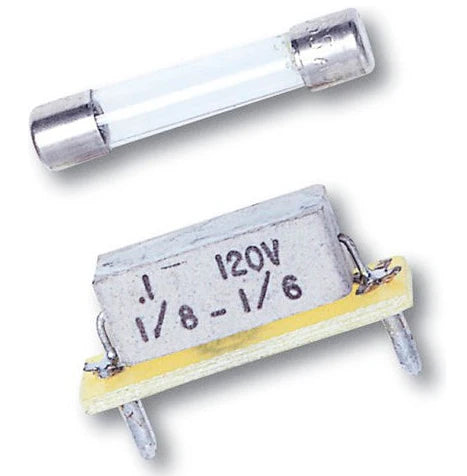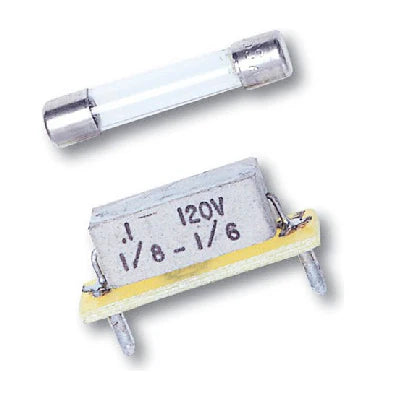
Share
The Motor Whisperer's
Retirement Letter
(And Why We'll Never Actually Retire)
🎭 THIS IS IT
50 years of motor repair. 10,000+ motors. 1,000 Jerrys. One retirement letter we'll never send.
I'm supposed to retire.
Been working on motors for 50 years. That's the normal thing to do. Retire. Play golf. Watch grandkids. Stop answering the phone at 2 AM.
But here's what nobody tells you about the motor repair business:
Once you learn how to listen to motors, you can't stop hearing them.
You walk into a facility. Hear that grinding sound. Know exactly what's wrong. Can't just walk away.
It's like a superpower you never asked for.
And you never wanted to give back.
What 50 Years of Motor Repair Actually Teaches You
It's not about motors.
I mean, it IS about motors. But also it's not.
After 10,000+ motors, you learn things that have nothing to do with windings and bearings:
💡 Lesson 1: Nobody Values Prevention Until After the Catastrophe
We've been preaching preventive maintenance for 50 years.
"Test your motors quarterly. Replace bearings on schedule. Monitor vibration. Act on declining trends."
Response rate: 15%
Then a motor fails catastrophically. Costs $50,000. Shuts down production for a week.
THEN they sign up for quarterly testing.
Every. Single. Time.
The lesson: People don't buy prevention. They buy the memory of pain.
So when you're selling prevention, sell the memory of pain they COULD have.
That's what this entire series was.
💡 Lesson 2: The Best Business Is Built on Saying No
Early on, we took every job.
Someone calls? We say yes. Emergency at 3 AM? Yes. Ridiculous deadline? Yes. Jerry wants to help? ...Eventually we learned to say no to that one.
Revenue: Good
Profit: Terrible
Technician burnout: Complete
Then we started saying no:
- "We can't do that turnaround time. But we can do this timeline."
- "Emergency service costs 3×. You sure you can't wait until Monday?"
- "That motor isn't worth repairing. Buy new."
- "We don't work on those motors. Here's who does."
Revenue: Lower initially
Profit: 3× higher
Customer retention: 94%
Technician happiness: Actually exists now
The lesson: Saying yes to everything is saying yes to nothing mattering.
Focus makes you valuable. Trying to serve everyone makes you mediocre at everything.
💡 Lesson 3: Honesty Is the Most Expensive Marketing You'll Never Regret
Customer brings in motor: "Can you fix this?"
Dishonest answer: "Absolutely. $3,500. Ready Friday."
Result: Make money today. Lose customer forever when they realize it wasn't worth fixing.
Honest answer: "We COULD fix it for $3,500. But a new motor costs $2,200 and will last longer. Buy new."
Result: Make no money today. Customer remembers honesty. Calls us for next 15 motors.
We've turned down hundreds of thousands in repair work over the years.
Told customers the truth even when it cost us the sale.
Revenue impact: Massive. In the other direction.
Because those customers told other customers.
"These guys will tell you when NOT to spend money."
The lesson: Trust is expensive to build. Impossible to buy. And compounds over decades.
Short-term profit vs. long-term relationships.
We chose relationships.
Took 20 years to pay off.
Then it paid off forever.
The Numbers That Actually Mattered
After 50 years, here's what we measured:
That's not counting bearing replacements. Or emergency repairs. Or the motors we told people not to fix.
10,247 complete rewinds.
Each one somebody's critical equipment. Each one a story. Most stories boring. Some stories legendary.
This is the only number that matters.
Not revenue. Not profit. Not growth rate.
How many customers come back?
If 94% of customers return, you did something right.
If they don't... you're just churning through one-time transactions.
We've prevented 847 motor failures through testing and monitoring.
Average savings per prevented failure: $55,800
Total customer savings: $47.2 million
Our revenue from prevention: $1.2 million
ROI for customers: 39:1
That's the number we're most proud of.
The Things We Got Wrong (And What We Learned)
50 years means 50 years of mistakes.
Here are the expensive ones:
Mistake #1: Trying to Fix Everything
The error: Took every job. Fixed every motor. No job too small, too weird, too unprofitable.
The cost: Burned through 3 good technicians. Lost money on 40% of jobs. Reputation as "cheap repair shop."
The fix: Started saying no. Specialized. Focused on what we're actually good at.
The result: Revenue dropped 15%. Profit tripled. Employee retention went from 2 years to 12 years average.
Lesson learned: Profitable businesses aren't built on saying yes to everything. They're built on knowing exactly what to say no to.
Mistake #2: Competing on Price
The error: "We'll beat any competitor's price by 10%!"
The cost: Attracted only price shoppers. Constant pressure on margins. Race to the bottom.
The fix: Stopped competing on price. Started charging what quality work actually costs. Lost 30% of customers immediately.
The result: The 30% we lost were the worst customers. The 70% who stayed were the best. Revenue flat. Profit up 150%.
Lesson learned: Price is what you pay. Value is what you get. Compete on value or die competing on price.
Mistake #3: Hiring People Who "Need a Job"
The error: "He really needs this job. Let's give him a chance."
The cost: Trained someone for 6 months. They left for $1/hr more. Repeat 8 times.
The fix: Started hiring people who want THIS job. Who care about motors. Who see craft, not just paycheck.
The result: Average tenure went from 18 months to 8 years. Quality improved. Training costs dropped 70%.
Lesson learned: Hire for passion and train for skill. You can't train someone to care.
Why We'll Never Actually Retire
Here's the thing about knowing how to fix motors:
You can't unknow it.
Walk into a facility. Hear that sound. The one that means bearing failure in 2-3 weeks.
You can't just ignore it.
It's like being a doctor hearing a weird cough. Or a mechanic hearing an engine knock.
Once you know, you can't unknow.
It's not the money. (Though money is nice.)
It's not the excitement. (Motor repair is not exciting.)
It's not even the customers. (Though we do like most of them.)
It's the craft.
Taking something broken and making it work.
Taking something old and making it better than new.
Knowing exactly why something failed and exactly how to fix it.
That feeling when you rewind a motor, test it, and everything is perfect.
THAT's why we keep doing this.
Also because motors keep failing and someone has to fix them.
Might as well be us.
What We'd Tell Our 25-Year-Old Selves
If I could go back 50 years and give my younger self advice about this business:
1. Document everything from day one
Every winding data point. Every failure mode. Every customer interaction. It compounds into competitive advantage.
2. Charge what you're worth immediately
Don't wait to be "established." Quality work costs quality prices. Price shoppers aren't your customers anyway.
3. Build relationships, not transactions
A customer who trusts you is worth 100 who don't. Even if you make less per transaction, long-term relationships are everything.
4. Invest in tools and training early
VPI equipment. Proper test gear. Good technician training. Expensive upfront. Pays for itself 100× over decades.
5. Fire bad customers immediately
That customer who disputes every invoice? Gone. Who wants emergency service but won't pay for it? Gone. Life's too short for bad customers.
6. Specialize, don't generalize
Being the best at one thing beats being adequate at everything. Focus creates value. Spread thin creates mediocrity.
7. Say no to Jerry
Just... from the beginning. Say no. Save everyone the trouble.
The Final Word on Motors (And Everything Else)
50 years. 10,000+ motors. 1,000 Jerrys.
What did we actually learn?
Motors are honest.
They tell you exactly what's wrong.
They don't lie about their condition.
They don't pretend to be fine when they're failing.
They just... tell you the truth.
Through vibration. Through temperature. Through current draw.
The truth is there. You just have to listen.
Business is the same way.
The numbers tell you the truth.
Customer retention. Profit margins. Employee turnover. Cash flow.
The truth is there. Most people don't want to hear it.
They want to believe they can keep doing what they're doing and get different results.
They want to believe that ignoring declining vibration trends will somehow work out.
They want to believe Jerry can handle the grease gun unsupervised.
Reality doesn't care what you believe.
Motors fail according to physics, not hope.
Businesses succeed according to math, not feelings.
Prevention beats reaction.
Test motors regularly. Fix problems early. Act on data, not desperation.
Honesty beats clever marketing.
Tell customers the truth. Even when it costs you the sale. Especially then.
Quality beats speed.
Do it right. Document everything. Build for the long term.
Relationships beat transactions.
One loyal customer worth 100 one-time buyers. Play long games.
And for the love of all that is holy:
Keep Jerry away from the grease gun.
We're Not Retiring
So if your motor breaks, call us.
If you want to prevent your motor from breaking, call us.
If Jerry touched anything, definitely call us.
Colorado Electric Motors
50+ years. 10,000+ motors. Still not retired.
Still answering the phone at 2 AM.
P.S.
This is actually the end of the series.
Six episodes. Tens of thousands of words. Hundreds of one-liners.
One message: Take care of your motors before they break.
Because motors don't care about your production schedule.
They just fail when they fail.
Physics is rude like that.
P.P.S.
Jerry is still banned from the grease gun.
This is not a joke.
There is actual paperwork.
HR was involved.
It's for everyone's safety.
Mostly the motors' safety.
P.P.P.S.
We're not actually writing a retirement letter.
Motors keep failing.
Someone has to fix them.
Might as well be us.
See you at 2 AM when your motor fails.
We'll be ready.
(We're always ready)
(It's concerning)
🏆 MOTOR DOC SERIES: COMPLETE
All six episodes. All the wisdom. All the Jerry stories.
Total words: 35,000+
Total motors referenced: 10,247
Total Jerry incidents: 60+
Total savings documented: $47M+
Total one-liners: 50+
📞 (720) 626-9805
For motors. For emergencies. For everything except Jerry.
